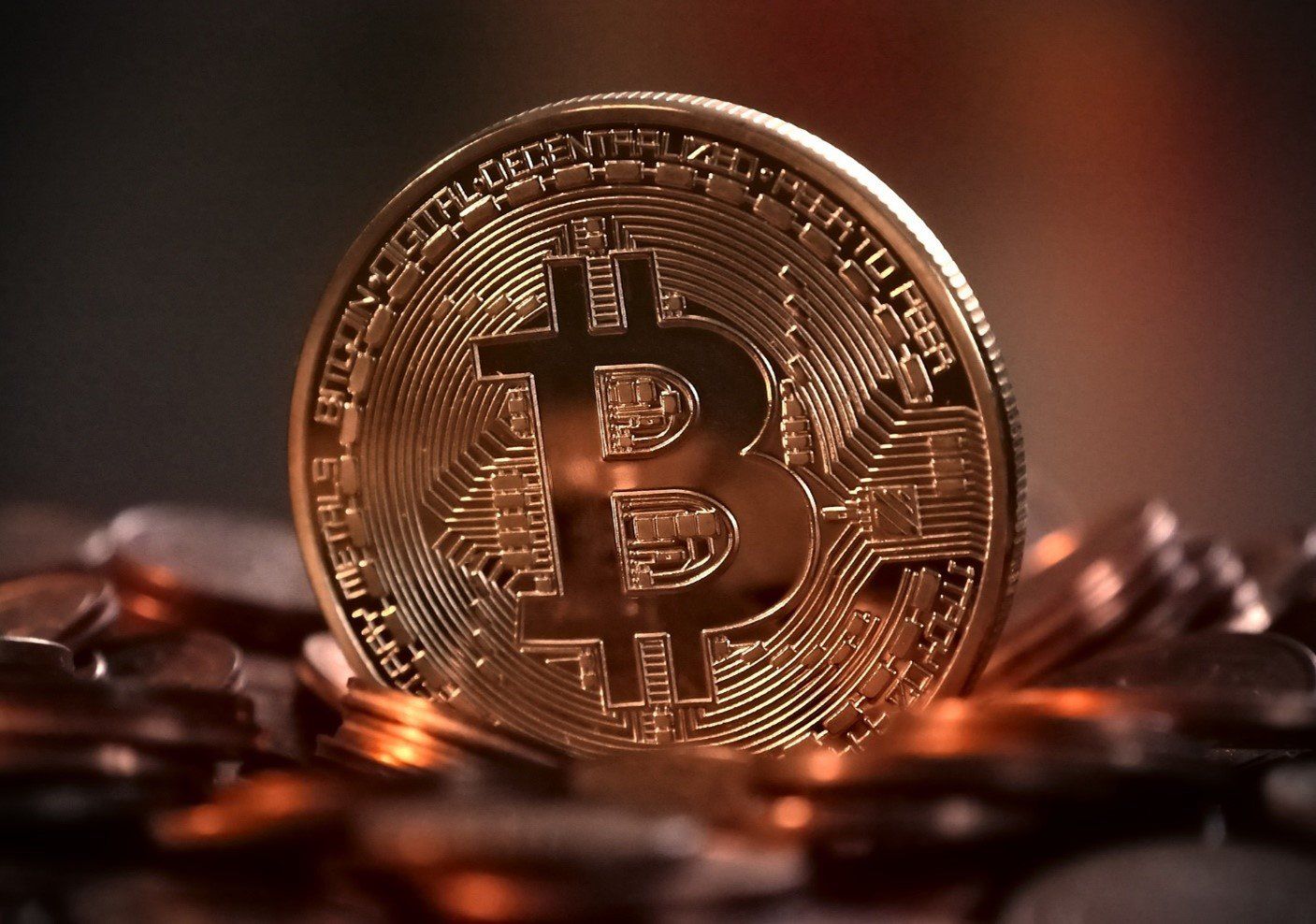The US Securities and Exchange Commission has sued the founder of online crypto lending platform BitConnect, Satish Kumbhani, and other company officials for a $2 billion fraud against investors. Read on for more on one of the biggest scams ever involving cryptocurrencies.
What is SEC’s case against BitConnect?
According to the SEC announcement, BitConnect defrauded its investors by offering unregistered investments. Through a complaint filed from early 2017 through January 2018 in the United States District Court for the Southern District, BitConnect is accused of the following,
- BitConnect, its founder, Kumbhani, and national promoter Glenn Arcaro siphoned investors’ money from the lending program for their own use and transferred the funds to digital wallet addresses controlled by them.
- BitConnect and Kumbhani also established a network of promoters worldwide who received rewards and commissions for their promotional work without the investor’s knowledge.
- The lead national promoter Arcaco used his own website, Future Money, to lure investors into the BitConnect Lending Program.

What issues did BitConnect have?
Before BitConnect came crashing down, there were several suspicious company policies. Here are some of them.
- They had a lending platform where users could send them Bitcoin. In return, the company would use a trading bot to earn returns on the investment.
- The unusual interest in receiving Bitcoin from investors instead of the company’s own coin.
- BitConnect was promising investors returns of up to 40% per month and daily bonuses of 20% to users.
- Unlike other cryptocurrency companies, this company was run anonymously.
- BitConnect didn’t have a white paper that could be used commercially to advise or influence customers’ decisions.
During its two years of existence, BitConnect attracted many investors and became well known after the infamous Carlos Matos viral video. It’s reassuring that the SEC is taking action against such fraudulent companies. It’s also a call to action for investors to be more vigilant of scams.












